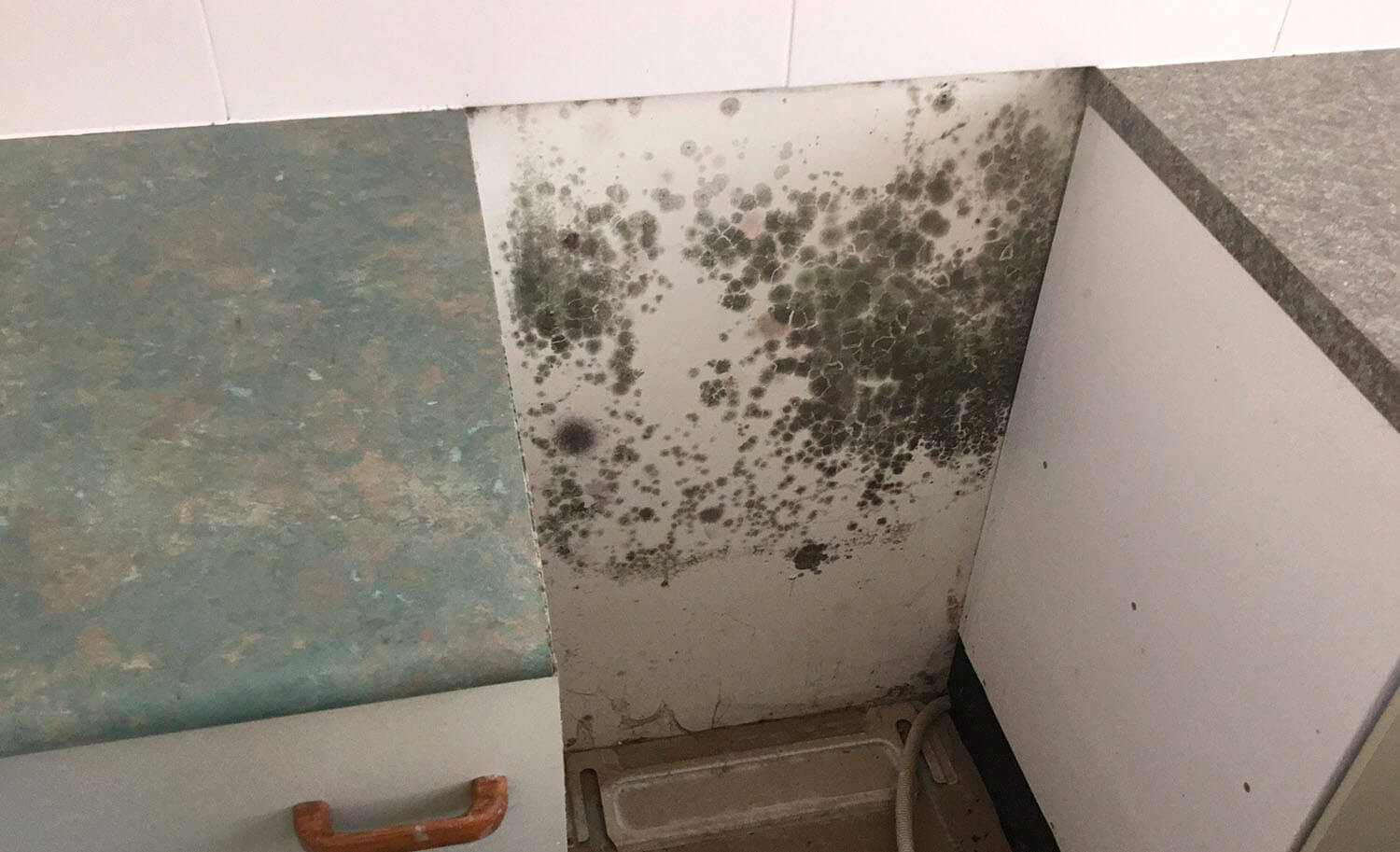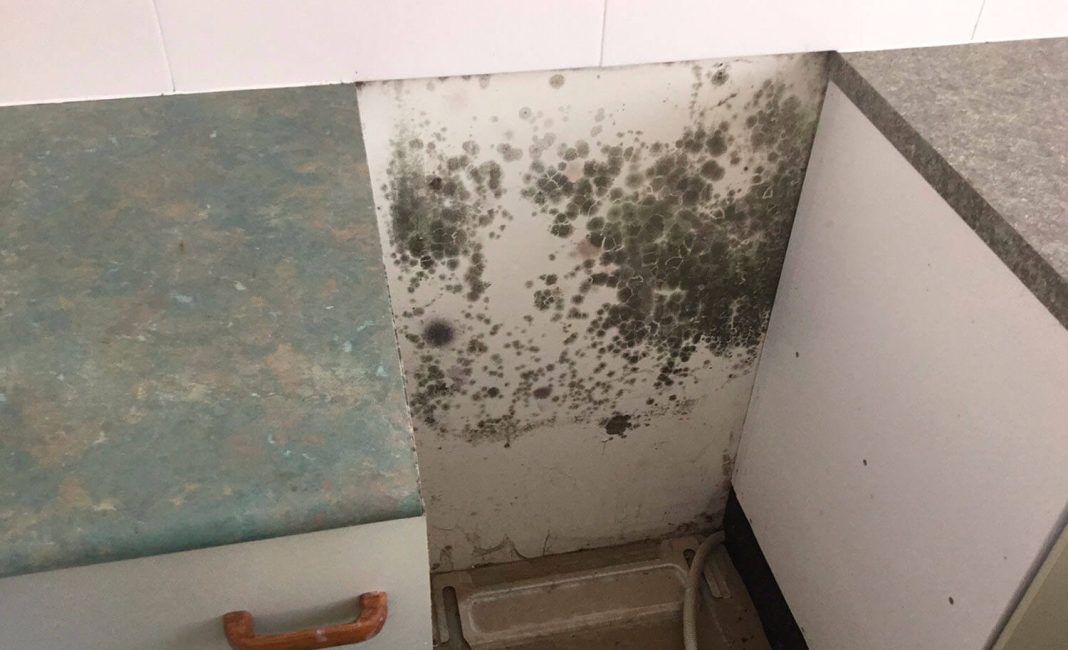
Health Risks of Mold in Chocolate Products Prompt Recall
Authentik Fudge, a Canada-based company, is voluntarily recalling hundreds of chocolate products from the U.S. market due to concerns about potential mold growth. The U.S. Food and Drug Administration (FDA) issued a recall notice on August 22, stating that 840 units of “Chocolate Fudge with Nuts” products sold under the brand name “Montreal Fudge” are affected. These products were distributed through Marshalls retail stores in 38 states and TJ Maxx outlets in eight states. The decision to recall the products was made after a consumer complained about finding mold pieces inside a purchased box, and further examination revealed unpacked sealed products at the manufacturing facility with early signs of mold. The FDA urges consumers who have purchased these products to either destroy them or return them to the place of purchase for a full refund.
The presence of mold in food poses health risks, as certain molds can cause allergic reactions and respiratory difficulties. The U.S. Department of Agriculture (USDA) emphasizes that some molds produce mycotoxins, which are poisonous substances that can make people sick. While most molds are found on the surface of food items, they can also be present within the food. When a food shows heavy mold growth, it indicates that mold “root” threads have deeply invaded it. In dangerous molds, toxins can be contained in and around these threads, potentially spreading throughout the food.
It is worth noting that the recalled chocolate fudge products were sold in 5.6-ounce packages with specific lot numbers and expiration dates. The affected lot numbers are 0241500805, 0241690105, and 0241690205, all with an expiration date of March 1, 2025, or March 17, 2025. Consumers can find these details on the back of the package.
Fortunately, no other products have been affected by the recall, and there have been no reported illnesses related to the mold contamination issue. However, this is not the first time that mold growth concerns have led to product recalls. In June, Wildly Beloved Foods, based in Washington, recalled certain vegan products due to the risk of mold growth. Similarly, earlier in the year, Something South African LLC from Washington pulled peppercorn products from the market for the same reason.
Mycotoxins, the poisonous substances produced by some molds, are most commonly found in nut and grain crops. However, other produce such as apples, grape juice, and celery can also harbor mycotoxin-producing mold. It is estimated that nearly a quarter of the world’s food crops are affected by mycotoxins, with aflatoxins being the most toxic. Aflatoxins are cancer-causing poisons associated with various diseases, including liver cancer. The prevention of aflatoxins is considered one of the most challenging toxicology issues by the USDA. In fact, as much as 28 percent of global liver cancer cases are linked to these poisons.
The health effects of mold-contaminated food can be difficult to diagnose, as the symptoms, such as brain fog and fatigue, are similar to those of other medical conditions. This often leads to inaccurate diagnoses and delays in appropriate care. Mold exposure can also lead to allergic reactions and exacerbate asthma symptoms. Prolonged exposure to mold has been associated with brain inflammation, which can potentially harm cognitive functions and contribute to mental health issues.
To minimize mold growth in food products, the USDA recommends cleaning the inside of refrigerators every few months. A solution of one tablespoon of baking soda and a quart of water can be used for cleaning. Additionally, it is advised to thoroughly inspect food before purchasing. For example, examining the stem areas on fresh produce may reveal signs of mold.
In conclusion, the recall of chocolate fudge products by Authentik Fudge due to mold growth concerns highlights the potential health risks associated with consuming mold-contaminated food. Mold-infected food can cause respiratory difficulties, allergic reactions, and even serious diseases such as liver cancer. It is important for consumers to be vigilant when inspecting food and to clean their refrigerators regularly to minimize the risk of mold growth. By taking these precautions, individuals can protect themselves and their families from the potential dangers of mold in food.


